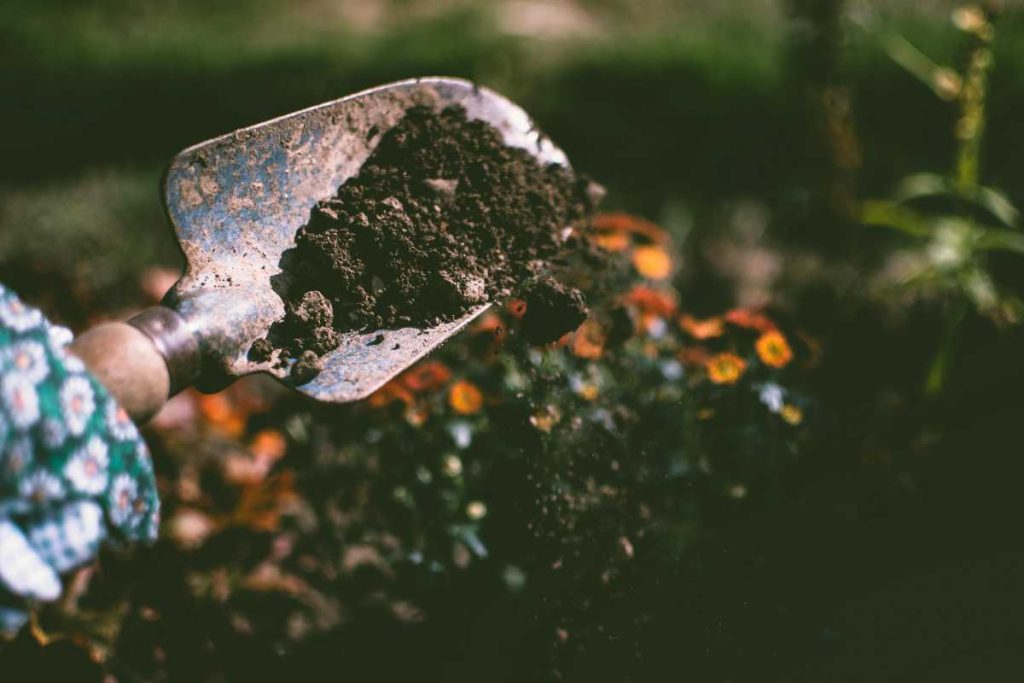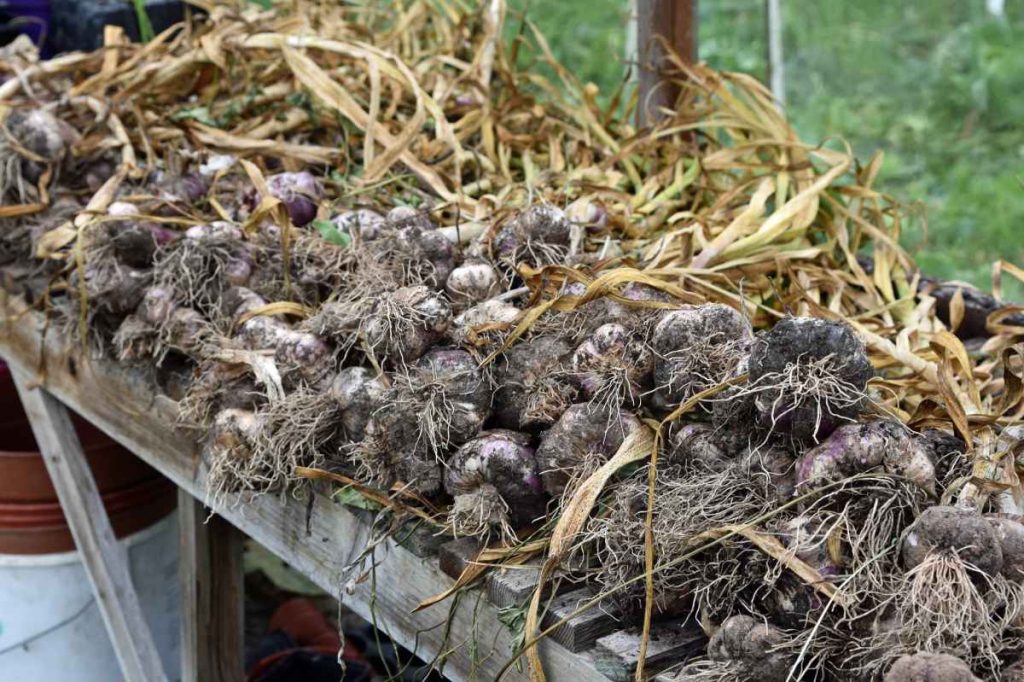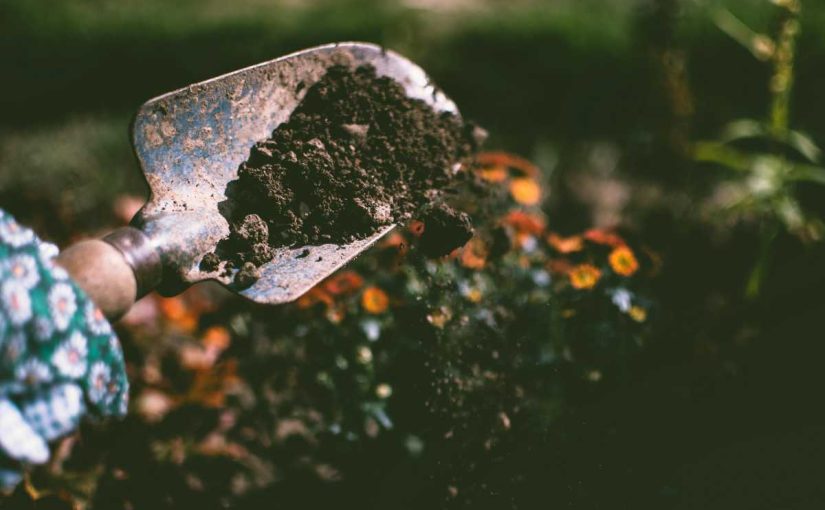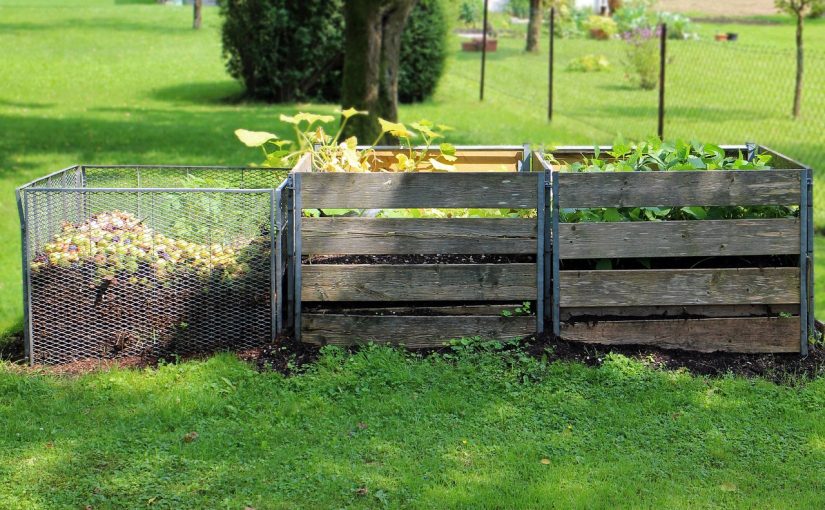Horse manure is a natural, nutrient-rich material that can significantly enhance the quality of your compost. Often referred to as “black gold” by gardeners, horse manure is rich in organic matter and key nutrients like nitrogen, phosphorus, and potassium. Whether you have access to fresh or aged manure, incorporating it into your compost pile can transform your garden soil into a fertile powerhouse.
In this guide, we’ll explore the benefits of using horse manure, how to compost it effectively, and tips for safe use.
Why Use Horse Manure in Compost?
- Nutrient-Rich: Contains essential nutrients like nitrogen, phosphorus, and potassium, vital for healthy plant growth.
- Improves Soil Structure: Enhances water retention, aeration, and drainage in garden soil.
- Accelerates Composting: Acts as a natural activator due to its high nitrogen content, speeding up decomposition.
- Abundant and Affordable: Horse manure is often readily available and inexpensive or even free from local farms or stables.
- Eco-Friendly Recycling: Reduces waste by repurposing manure into a valuable garden resource.
Nutritional Content of Horse Manure
- Nitrogen (N): Promotes leafy growth in plants.
- Phosphorus (P): Encourages strong root development.
- Potassium (K): Supports flowering, fruiting, and overall plant health.
- Trace Elements: Includes magnesium, calcium, and sulfur for balanced soil nutrition.
How to Compost Horse Manure
1. Collect the Manure
- Use fresh manure directly from stables or pastures.
- Remove large clumps of bedding material like sawdust or straw, as they may slow decomposition.
2. Build a Compost Pile
- Layer horse manure with carbon-rich materials like dry leaves, straw, or shredded paper.
- Maintain a 2:1 ratio of browns (carbon) to greens (horse manure) for a balanced pile.
3. Manage Moisture Levels
- Keep the pile moist but not soggy, like a wrung-out sponge.
- Add water if the pile becomes too dry, especially in warm climates.
4. Turn the Pile Regularly
- Turn the compost every 2–3 weeks to aerate and mix materials.
- Aeration ensures even decomposition and prevents odors.
5. Allow Time to Mature
- Composting horse manure typically takes 3–6 months, depending on the conditions.
- Finished compost should be dark, crumbly, and free of strong odors.
Safety Tips for Using Horse Manure
- Avoid Fresh Application: Fresh manure can be too strong for plants, potentially burning roots. Compost it fully before use.
- Watch for Weeds: Horse manure may contain weed seeds. Hot composting at 135–160°F kills seeds effectively.
- Be Aware of Parasites: If manure comes from stables treating horses with medication, allow extra composting time to break down residual chemicals.
- Don’t Use in Edible Gardens Right Away: For safety, apply composted manure to edible gardens at least 90 days before harvest.
Benefits of Using Horse Manure-Enriched Compost
- Healthier Soil: Adds organic matter, boosting soil fertility and microbial activity.
- Better Water Retention: Helps soil retain moisture, reducing the need for frequent watering.
- Natural Fertilizer: Provides a slow-release nutrient source, promoting steady plant growth.
- Weed Control: Suppresses weeds when used as a mulch.
- Sustainable Gardening: Reduces dependency on synthetic fertilizers, promoting eco-friendly practices.
Alternatives Uses for Horse Manure

If composting isn’t an option, you can still use horse manure in these ways:
- Mulch: Spread aged manure around the base of plants to conserve moisture and add nutrients.
- Soil Amendment: Dig aged manure directly into garden beds for improved soil structure.
- Liquid Fertilizer: Create a manure tea by steeping aged manure in water and applying it to plants as a nutrient boost.
Common Questions About Composting Horse Manure
1. How long does it take to compost horse manure?
It typically takes 3–6 months, depending on the pile size, moisture, and aeration.
2. Can horse manure harm my plants?
Fresh manure can burn plants due to high ammonia levels. Fully composted manure is safe and beneficial.
3. Does horse manure smell?
Properly composted manure should not have a strong odor. Regular turning prevents anaerobic conditions that cause bad smells.
4. Can I use manure with bedding materials?
Yes, bedding materials like straw or sawdust can be composted along with manure. However, they may slow the decomposition process.
Conclusion
Using horse manure in your compost is an excellent way to enrich your soil and recycle organic waste. With proper composting techniques, you can create a balanced, nutrient-rich compost that supports plant health and sustainable gardening practices. Whether you’re growing vegetables, flowers, or lawn grass, horse manure is a valuable resource to improve your garden’s vitality.




